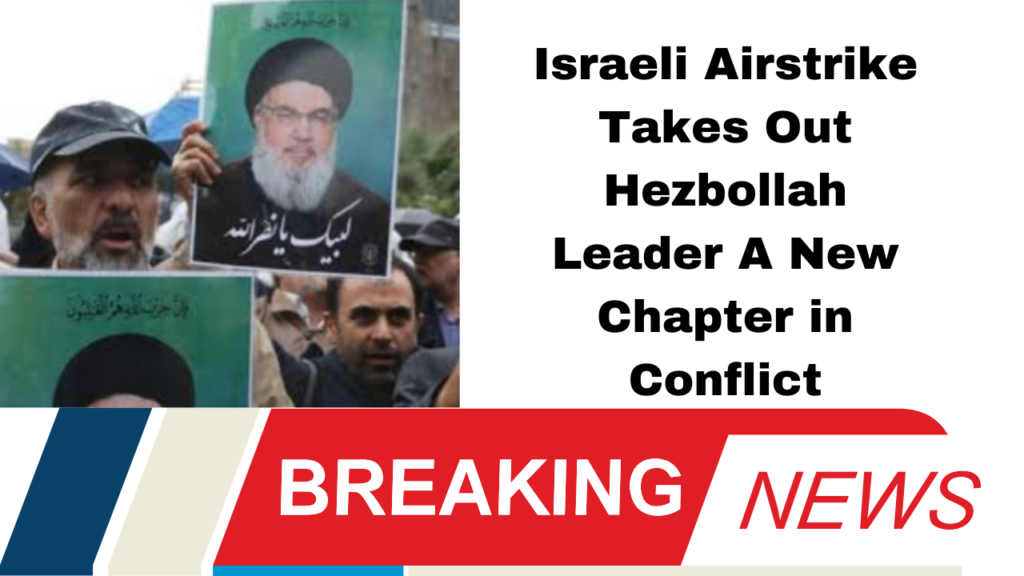In a dramatic escalation of conflict, the Israeli Air Force launched a devastating air raid on Friday evening, employing over a hundred munitions, including what are believed to be U.S.-made 2,000-pound bombs, to eliminate Hezbollah leader Hassan Nasrallah. The operation targeted an underground complex in the southern Beirut suburb of Dahieh, resulting in significant casualties.
Reports suggest that Israeli intelligence had deeply infiltrated Hezbollah, allowing them to anticipate Nasrallah’s movements and locate the clandestine meeting of Hezbollah leaders. The operation required the approval of Israeli Prime Minister Benjamin Netanyahu, who was delivering a speech at the UN General Assembly in New York at the time. With limited time for execution, the decision to strike was swift and calculated.
An unverified report from Le Parisien claims that an Iranian informant provided crucial intelligence about Nasrallah’s whereabouts, underscoring the complex dynamics of Iran’s support for Hezbollah. Israeli military sources indicated that preparations for the attack had been in place for several days, with aircrews only receiving the target details hours before the strike.
Operation New Order involved eight F-15I jets from Hatzerim Airbase, launching bombs at intervals of two seconds. The assault obliterated four residential buildings, leaving behind smoldering craters. While initial estimates suggested around 300 fatalities, Lebanese officials reported 11 dead and over 100 wounded. The Israeli military claimed that more than 20 Hezbollah members were killed, justifying the operation by stating that Nasrallah’s command center was intentionally situated beneath civilian structures.
The timing of Nasrallah’s meeting raises questions, especially following a series of electronic disruptions targeting Hezbollah’s communication systems. Nasrallah’s preference for in-person discussions reflects his distrust of modern technology, which he feared could be monitored. With heightened tensions and the risk of Israeli airstrikes, such meetings may have been deemed necessary for strategic planning.
This operation marks a significant shift in Israel’s military strategy against Hezbollah, building on recent intelligence operations that have caused disruption within the militant group. The conflict has led to the displacement of an estimated one million people in Lebanon, with hundreds reported dead. Israel’s actions seem to aim at neutralizing Hezbollah’s leadership while ensuring the safety of its northern borders.
Experts point to Israel’s extensive intelligence efforts in Lebanon, contrasting sharply with their prior misjudgments regarding Hamas. Analysts suggest that years of intelligence gathering, including human sources, contributed to the success of this operation, raising concerns about the focus and effectiveness of Israel’s intelligence operations in Gaza.
As the situation evolves, the ramifications of this airstrike will likely reverberate throughout the region, impacting both military strategies and humanitarian conditions in Lebanon.











More Stories
Netanyahu Under Fire as Leaked Documents Scandal and Hostage Crisis Deepen
Mount Fuji’s Snowless Peak A Sign of Climate Change and Japan’s Cultural Icon in Crisis
Malik Mumbai’s 15 Crore Monthly Income ‘Haar Meri Jeet Apki Offer’ for WBBL 2024 Your Guaranteed Win or Refund!